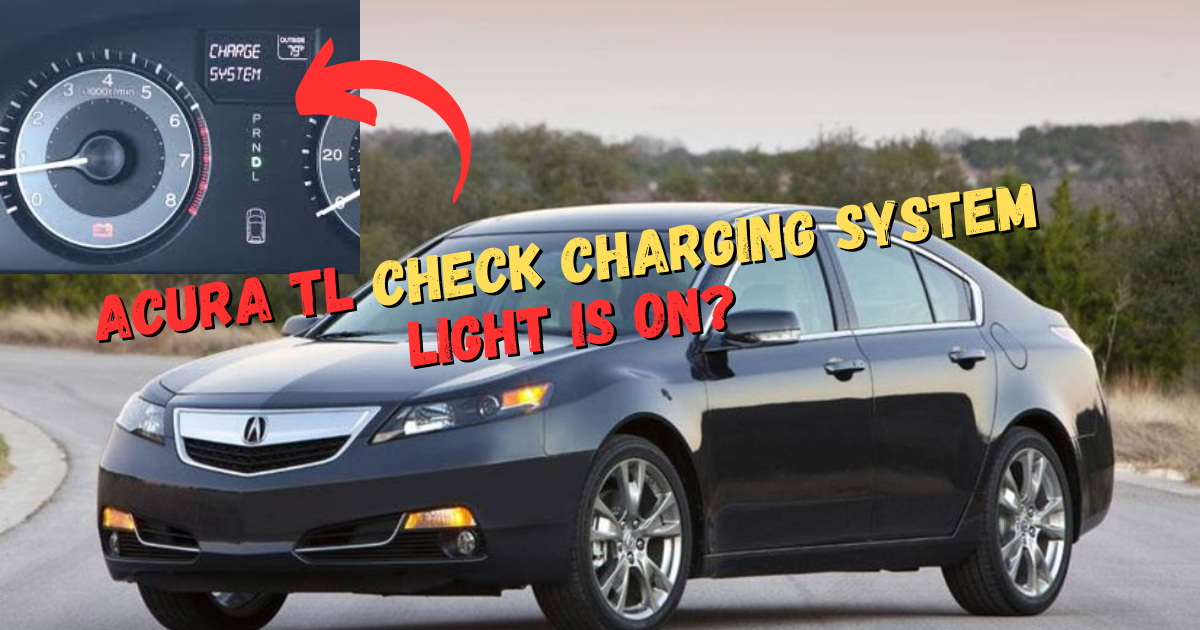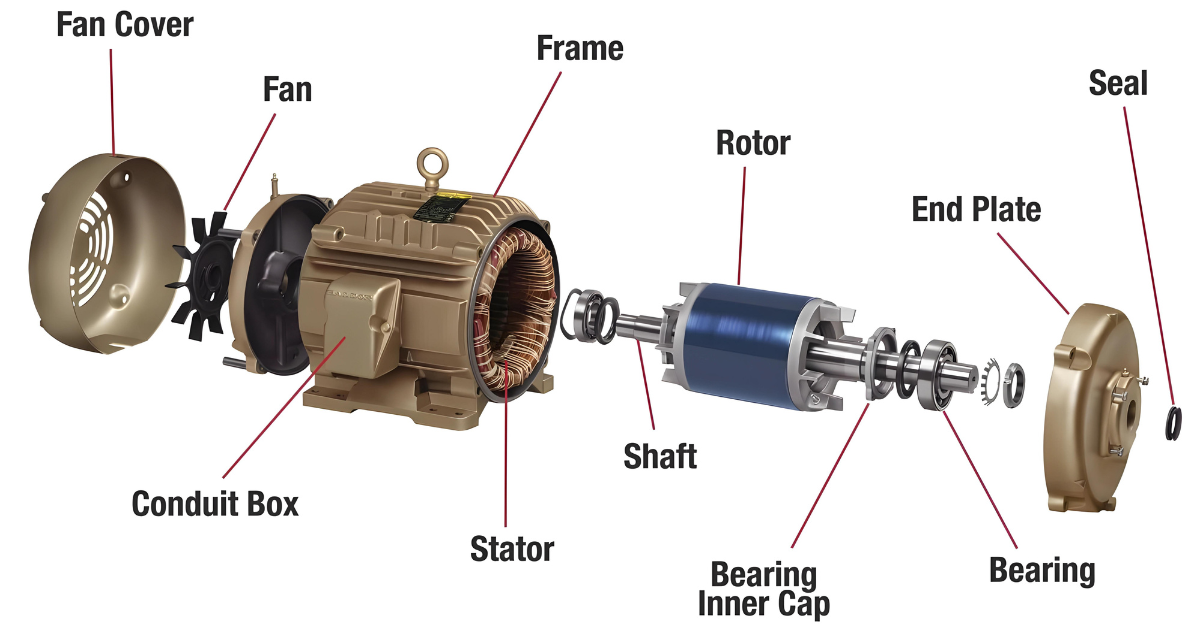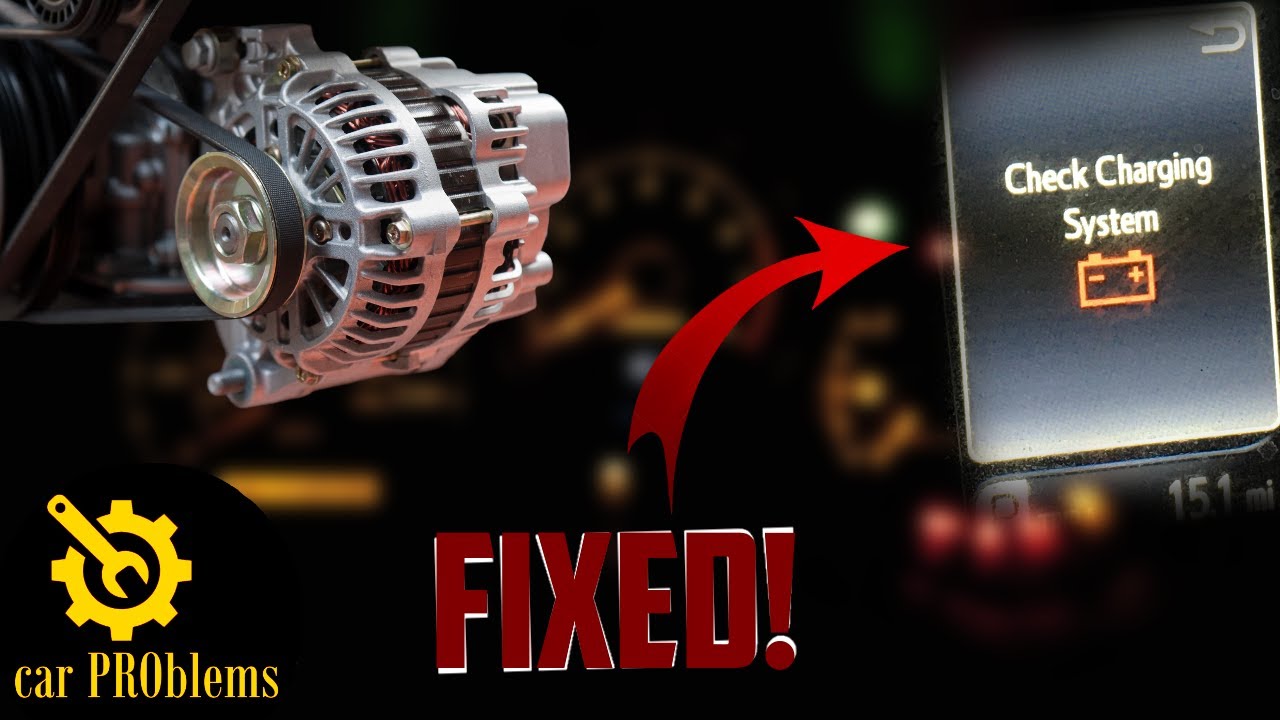The rise of electric vehicles (EVs) has led to questions about their charging times and costs. This article aims to provide a comprehensive answer to the question, “How long does it take to charge an electric car?” by examining the factors that influence the charging process.
Introduction
Electric cars are becoming increasingly popular as a more sustainable alternative to traditional petrol and diesel vehicles. However, one of the main concerns for potential EV owners is the time it takes to charge their car’s battery. The answer to this question is not straightforward, as there are several factors that can affect the charging time.
Factors Affecting Charging Time
Battery Capacity
The size of an electric car’s battery is a significant factor in determining the charging time. A typical EV with a 60-kWh battery capacity takes around 8 hours or less to charge from empty to full. However, larger battery capacities will take longer to charge fully. It is also important to note that a partially charged battery will charge faster than a completely empty one.
Charging Point
The charging point or outlet is another crucial factor in determining the charging time. A charging point with a higher voltage will charge an EV faster than one with a lower voltage. For example, a 7kW charging point will charge a 60-kWh battery capacity in around 8 hours or less, while a 3.7kW charging point will take approximately 15 hours to fully charge the same battery.
Conclusion
In conclusion, the time it takes to charge an electric car depends on several factors, including the battery capacity and the charging point’s voltage. It is important to consider these factors when determining the charging time for your EV. Additionally, it is essential to understand the cost of charging and how it will affect your electric bill. By considering these factors, potential EV owners can make informed decisions about their car’s charging needs.
FAQs
Q: How long does it take to charge an electric car at a charging station?
A: Charging an electric car can take anywhere from 30 minutes to 12 hours, depending on the factors mentioned above. It is important to consider the battery size, the level of charge, the maximum charging rate of the car, and the maximum charging rate of the charging point.
Q: How much does it cost to charge an electric car at a charging station in the US?
A: The cost of charging an electric car varies depending on the region and the battery capacity of the car. On average, it costs around 18 cents per kWh to charge an electric car in California. For example, charging a Nissan LEAF with a 40-kWh battery capacity will cost around $7.2 for a full charge.
Q: How fast can electric cars charge?
A: Electric cars can charge as fast as 15 minutes or overnight, depending on the battery capacity and the voltage of the charging point. Smaller batteries coupled with high-voltage chargers will charge faster than larger batteries connected to lower-voltage chargers. Some electric cars are designed to charge faster than others, with the Lucid Air being the fastest-charging electric car, with around 20 miles per minute.
Q: Do electric cars charge while driving?
A: Currently, electric cars do not charge while driving on the road. They are designed to be recharged once the battery runs low. However, manufacturers are working on an inductive charging system that will enable electric cars to charge while driving.
Q: Can you plug an electric car into a regular outlet?
A: Yes, all mass-produced EVs come with a charging unit that enables you to plug the car into a regular 110V standard outlet. However, this method of charging takes longer compared to the normal charging system.
Q: Do electric cars increase your electric bill?
A: Yes, electric cars will increase your electric bill as you constantly need to charge your EV to keep it running. The amount of increase will depend on the battery capacity of the car and the frequency of charging.
Q: How much does a Tesla raise your electric bill?
A: The cost of charging a Tesla varies depending on the battery capacity and the charging point’s maximum charging level. For example, charging a Tesla Model X will cost around $15.29 for a full charge, while charging a Tesla Model 3 will cost around $7.65.





